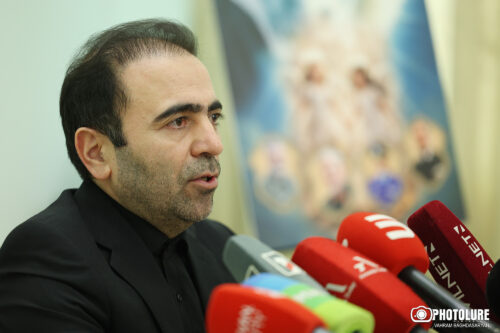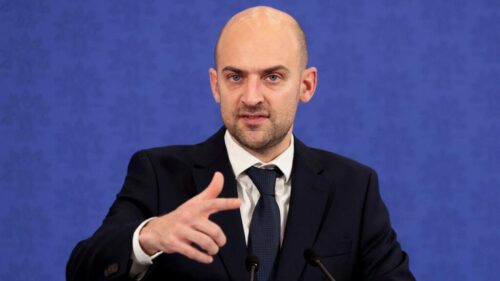
Osservatorio Balcani e Caucaso: Armenia is considering the consequences of withdrawing from the CSTO, a process that is easier said than done
Armenia has been disappointed with CSTO since 2020, Osservatorio Balcani e Caucaso writes.
The border conflicts between Armenia and Azerbaijan, skirmishes and accusations directed at Baku for occupying a part of the Armenian territory did not receive the response that Armenia expected from the CSTO. The organization itself has stated that it cannot intervene in border conflicts and tensions where there is no clear border. The Armenian government, however, perceives this as an excuse for a failure to fulfill its obligations to protect the territorial integrity of the member state. Now Yerevan is considering whether to stay in the organization or not.
In 2024, the relations between Armenia and the CSTO became particularly tense, and Yerevan moved quickly from words to action. At the beginning of the year, a number of statements proved that the CSTO and Armenia have very different ideas about the country’s status within the organization.
Belarus is also undermining unity within the CSTO. During his trip to Azerbaijan, the country’s president, Alexander Lukashenko, “used expressions typical of him, clearly realizing the gravity of what he said”. The Belarusian dictator claimed that he had discussed the outcome of the war with Azerbaijani President Ilham Aliyev before the war began, thus showing that Belarus was fully aware of Baku’s plans. Subsequent leaks revealed that Minsk also helped in arming Azerbaijan, which, unlike Armenia, is not part of any military alliance with Belarus. This caused the anger of Yerevan.
Consequently, Yerevan is deeply distrustful of its allies’ true intentions and believes it has been deliberately harmed, and not helped—as its military partners should have done. At the moment, the Armenian side is openly talking about withdrawing from the CSTO. Due to Lukashenko’s statements, Armenian-Belarusian relations have also significantly deteriorated.
Yerevan is certainly considering the possible consequences of withdrawing from the CSTO: a process that is much easier to say in words than to achieve in action. Back in March last year, the country’s chief of staff announced that the consequences are being analyzed, but they are a state secret.
Discussions became increasingly heated with Russian Deputy Foreign Minister Mikhail Galuzin, who openly criticized Armenia’s leadership and repeatedly threatened the country, calling on its ruling elite to consider the real risks of withdrawing from the CSTO.
Galuzin stated that Armenia’s cooperation with the West will lead to a cascading destabilization of security in the South Caucasus to the detriment of the country’s security and territorial integrity. He warned the prime minister and the leadership of Armenia not to make wrong assessments, which could have rather serious consequences for the country’s sovereignty, stability and economic development.
On Sept. 18, Pashinyan announced in Yerevan that the CSTO creates threats to Armenia’s security and its future existence, sovereignty and statehood.
The next day, Armenia sadly celebrated the first anniversary of the fall of Karabakh. A year ago, after a battle that lasted less than 24 hours, the emigration of Armenians from the region began.


